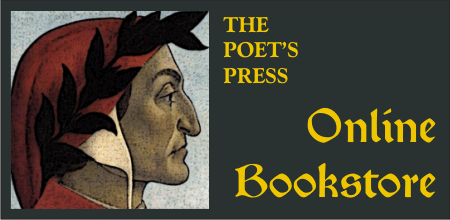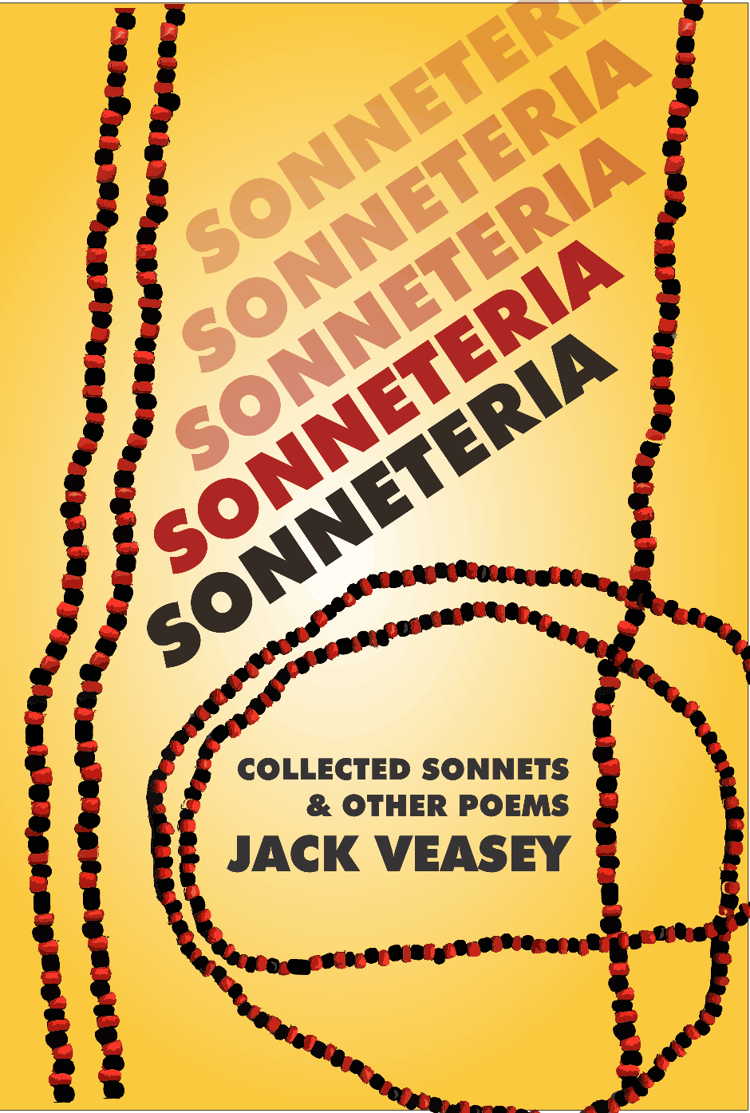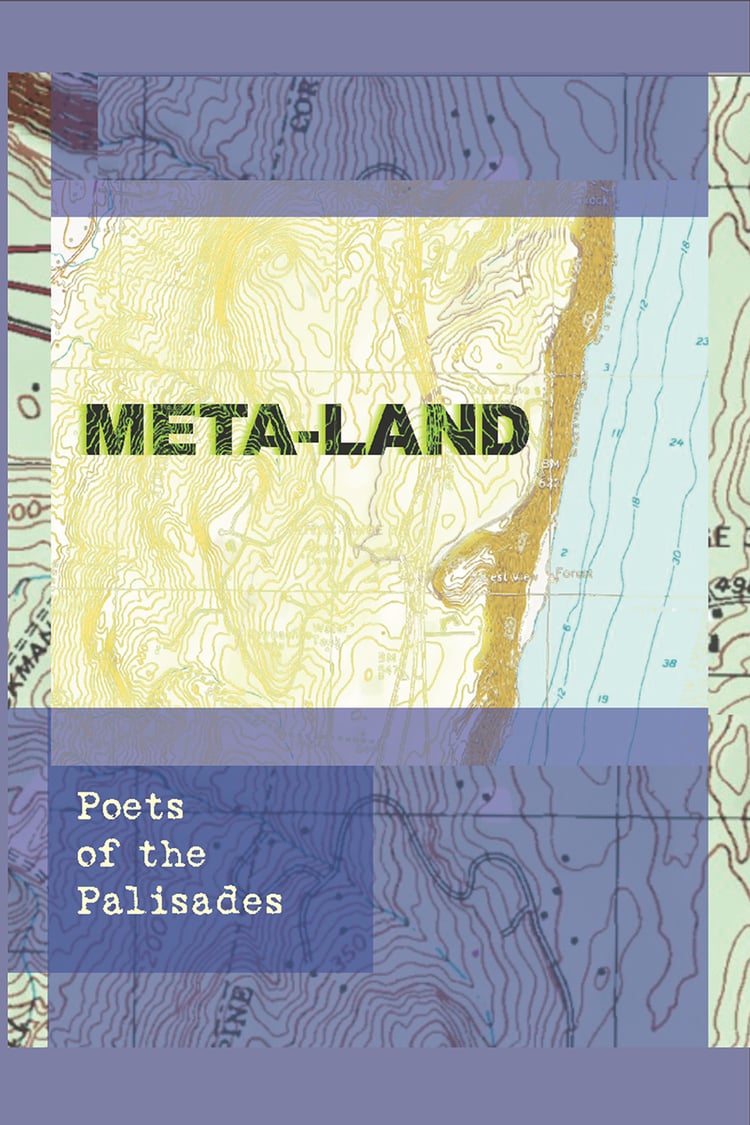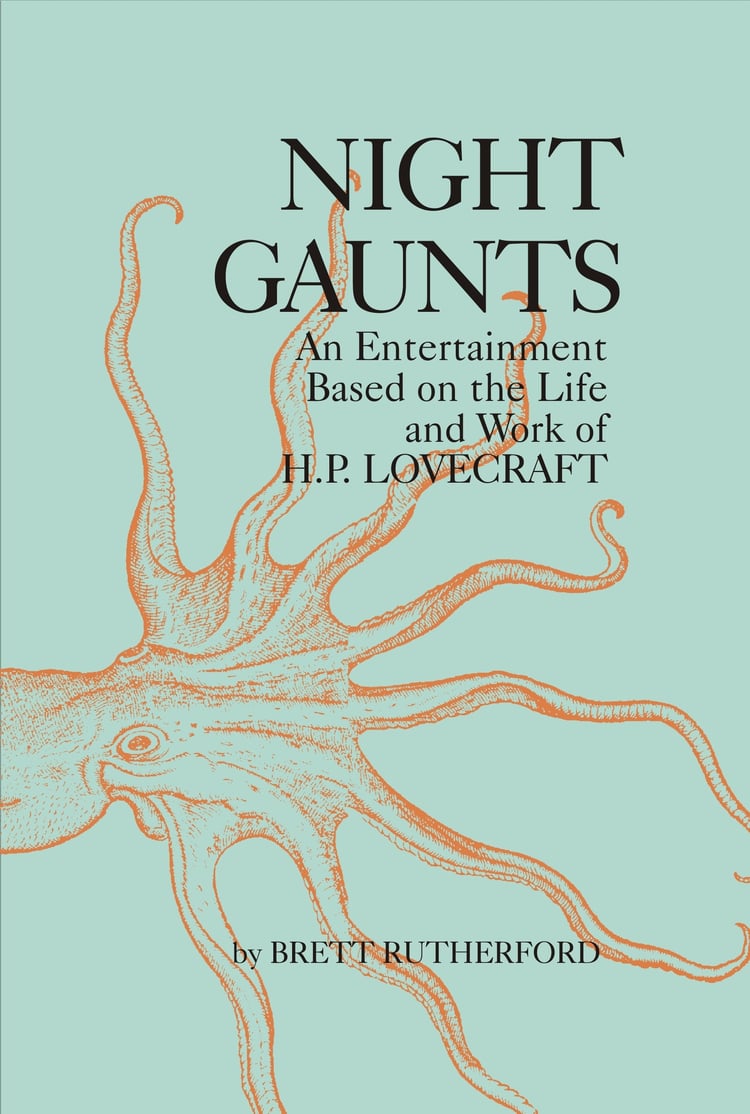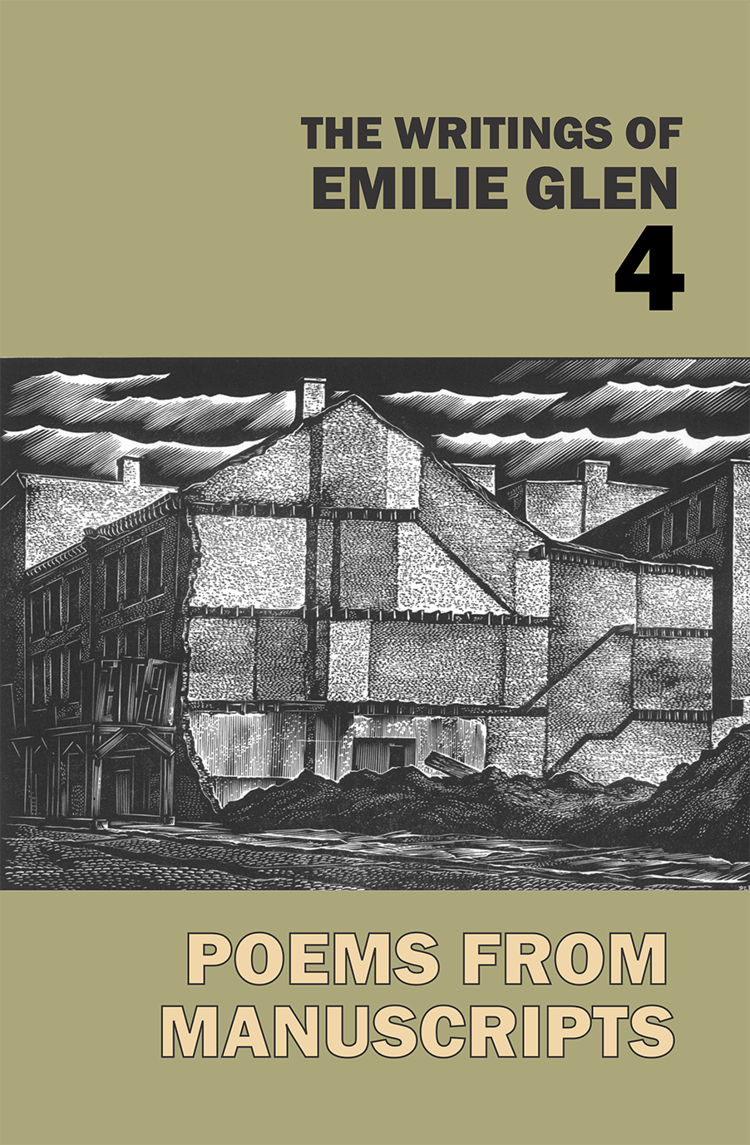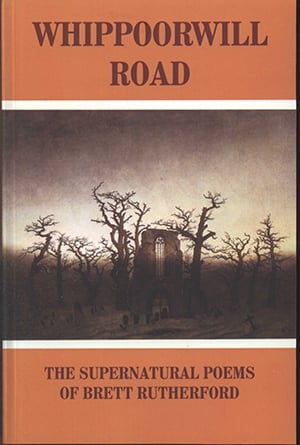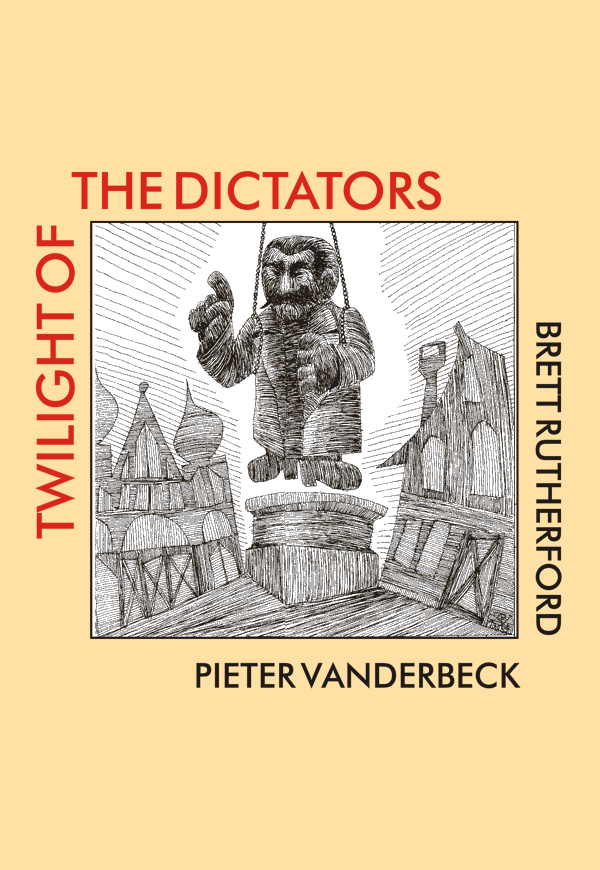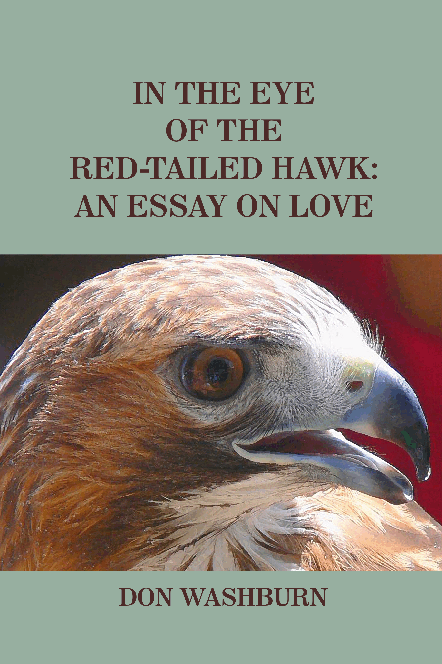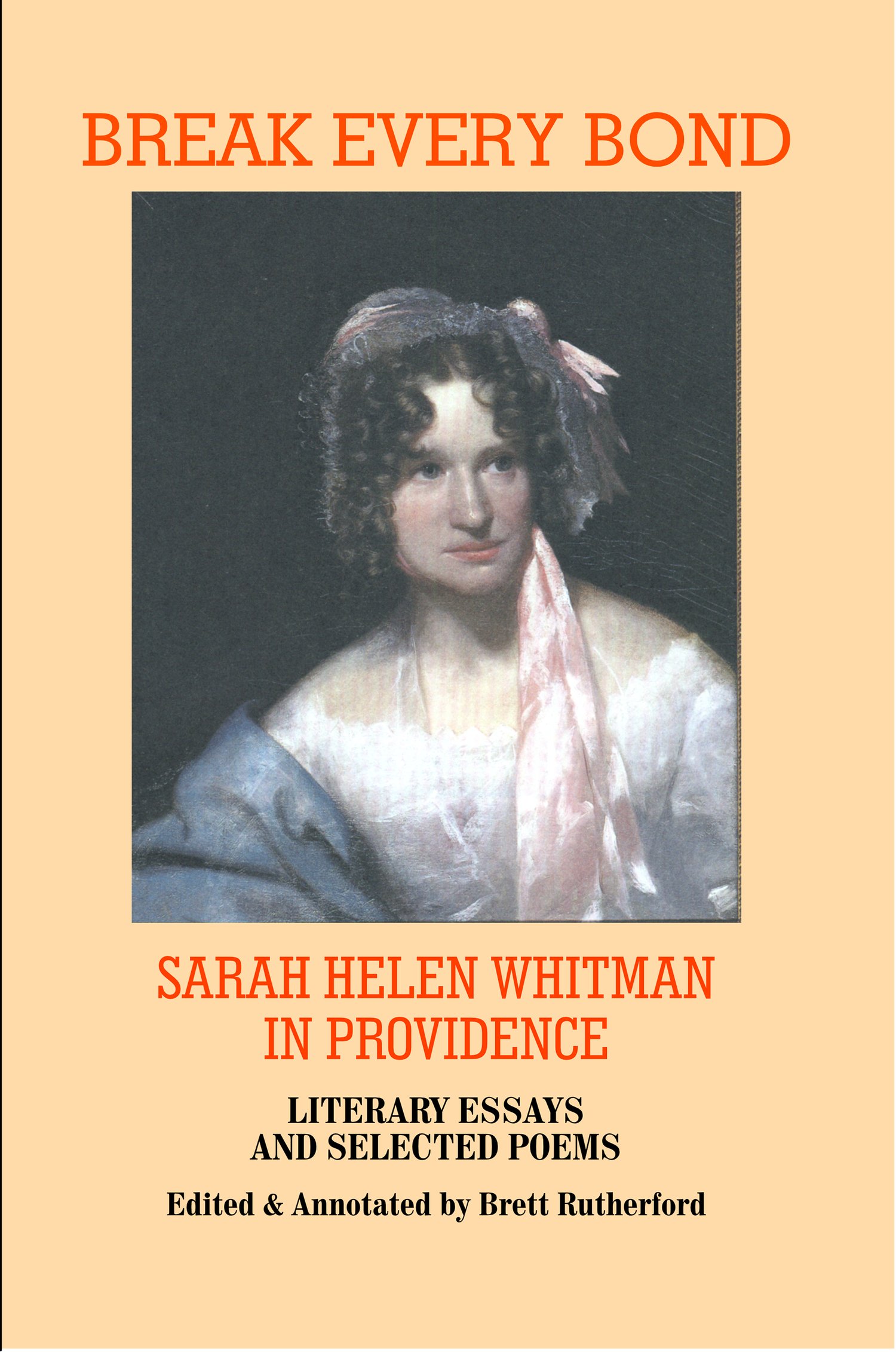
Break Every Bond: Sarah Helen Whitman in Providence (PDF)
On Sale
$4.99
$4.99
Sarah Helen Whitman (1803-1878), poet and critic, is best known for her brief engagement to Edgar Allan Poe in 1848, and for her role as Poe’s posthumous defender in her 1860 book, Edgar Poe and His Critics. She is seldom treated as more than an incidental person in Poe biography, and no books of her own poetry were reprinted after 1916. As critic, she was a ground-breaking American defender of Poe, Shelley, Byron, Goethe, Alcott, and Emerson, yet none of her literary essays other than her defense of Poe have ever appeared in book form. She and her friend Margaret Fuller are credited with being the first American women literary critics.
This volume presents Whitman’s literary essays with more than 500 annotations and notes, tracing her literary sources and allusions, and revealing the remarkable breadth of her readings in literature, philosophy, history, and science. Brett Rutherford’s biographical essay is rich in revelations about Whitman’s time and place, her family history, and her muted career as poet, essayist, and den mother to artists and writers. Exploding the standard view of her as the secluded “literary widow,” we can now perceive her as a literary radical pushing against a conservative milieu; a suffragist and abolitionist who dabbled in séances; and a devotee of the New England Transcendentalists and the German Idealists who inspired them.
The complete text of Edgar Poe and His Critics presented here, includes the opposing texts by Rufus Griswold, whose libels provoked her landmark defense of Poe’s writing and character. This annotated version identifies all the contemporary press reviews and books Whitman read and critiqued, making it indispensible for students of Edgar Allan Poe.
The selected poems in this volume include the hyper-Romantic traversal of rival mythologies in “Hours of Life,” her most ambitious work; her poems to and about Edgar Allan Poe; sensitive and atmospheric nature portrayals; a defense of the then-reviled art of the drama; a love poem from Proserpine to Pluto; an occasional poem about Rhode Island penned in the after-shadow of the Dorr Rebellion; and translations from French and German poets, most notably the most famous of all European ghost ballads, Bürger’s “Leonora.” Whitman’s allusions and unattributed quotations from other poets are all annotated, making this book a must for scholars and students.
This volume presents Whitman’s literary essays with more than 500 annotations and notes, tracing her literary sources and allusions, and revealing the remarkable breadth of her readings in literature, philosophy, history, and science. Brett Rutherford’s biographical essay is rich in revelations about Whitman’s time and place, her family history, and her muted career as poet, essayist, and den mother to artists and writers. Exploding the standard view of her as the secluded “literary widow,” we can now perceive her as a literary radical pushing against a conservative milieu; a suffragist and abolitionist who dabbled in séances; and a devotee of the New England Transcendentalists and the German Idealists who inspired them.
The complete text of Edgar Poe and His Critics presented here, includes the opposing texts by Rufus Griswold, whose libels provoked her landmark defense of Poe’s writing and character. This annotated version identifies all the contemporary press reviews and books Whitman read and critiqued, making it indispensible for students of Edgar Allan Poe.
The selected poems in this volume include the hyper-Romantic traversal of rival mythologies in “Hours of Life,” her most ambitious work; her poems to and about Edgar Allan Poe; sensitive and atmospheric nature portrayals; a defense of the then-reviled art of the drama; a love poem from Proserpine to Pluto; an occasional poem about Rhode Island penned in the after-shadow of the Dorr Rebellion; and translations from French and German poets, most notably the most famous of all European ghost ballads, Bürger’s “Leonora.” Whitman’s allusions and unattributed quotations from other poets are all annotated, making this book a must for scholars and students.
